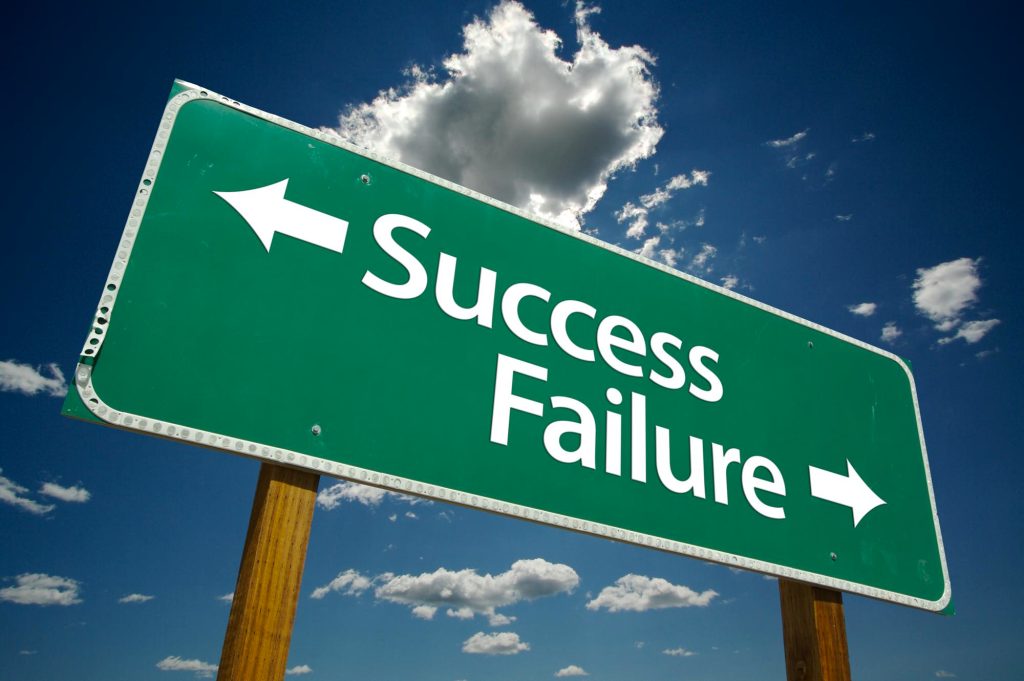The App Store of Apple Inc was launched back in July 2008. Google launched Android’s Google Play Store back in October 2008. Back then, the apps looked like clunky blocks, and the stores were difficult to browse because candy bar phones were the norm back then.
Eventually, the market landscape evolved (including that of technology) and smartphones became the norm onwards from 2012. With time, the size of the smartphones grew (screen size too) and the app quality improved too.
What happened when the apps failed to launch
Problem is that hardly any developer was ever taught about failure to launch an app. As a matter of fact, people learn from failed projects and mistakes. But the culture of avoiding failure has been rampant.
There are a lot of mobile apps that failed badly when they were launched. There were many reasons, most notably improper product research and discovery, plus some apps were not made properly and were not even marketed properly.
Professionals from a company of mobile app development Dubai have decided to share with us the apps that failed after their launch:
Yik Yak
This app was present between 2013 to 2017. By nature, Yik Yak was an anonymous location-based messaging app for college students categorized under social networking. Investors back then valued it at almost USD$ 400 million. Why did the app fail? Because its creators lacked a firm understanding of both the product and its market fit.
The app allowed users to remain anonymous always and this resulted in threats, online bullying, and harassment. The user growth slowed down and half the workforce lost their jobs. The app and its parent company were facing not just complaints but also several lawsuits. The app harmed cyber security and user privacy.
The lesson to be learned: before an app is to be launched, its product-market fit should be understood closely. This will keep users happy and help them spend time on the app.
Quixey
As an app, Quixey wanted to help users in discovering content in other apps on their mobile devices (phones and tablets). Alibaba became the largest shareholder after investing more than USD$ 80 million in it. Yet the app failed quite badly as Alibaba refused to invest any more in it. When that happened, the employees were laid off and the app eventually shut down.
It also could not make the needed amount of money. Why? The app’s parent company could not pay off its debt and could not make the needed revenue. It was overly reliant on third parties, and hence the app sank.
Auctionata
Auctionata as an app was a brilliant app based on a brilliant concept. Existing between 2012 and 2017, it live-streamed auctions for selling rare things, artifacts, and fine art.
The app attempted to broadcast the events live but could never do so because of slow and sluggish broadband speeds, below par customer service, problems in processing online payments, and concerns regarding delivery.
Among the company’s main issues was attempting to take action against customers. Alexander Zackje, then CEO, back in 2016 was accused of violating trade laws. It was an outcome of an independent auditing firm’s investigation into the company.
Zacke and the company’s board members were discovered to be illegally bidding on their auctions in order to raise the price of objects by artificial means.
The app’s users started abandoning it after such disclosure. This step caused an auction service not to just suit down but eventually lose the faith and trust of its users, and a lot of people who purchased the artwork felt cheated and their hard earned money had been misused.
In short, Auctionata was way ahead of its time but also failed to understand and comprehend its target audience, or address the issues which the audience was facing.
___
by Alan Mathews
Author Bio:
Alan Mathew is a content strategist at Brainvire e-commerce SEO services, based in New York. He is a digital nomad, traveling the world while he builds beautiful WordPress websites for small and mid-sized businesses around the world. He enjoys web development, eCommerce programming, and plugin development.








